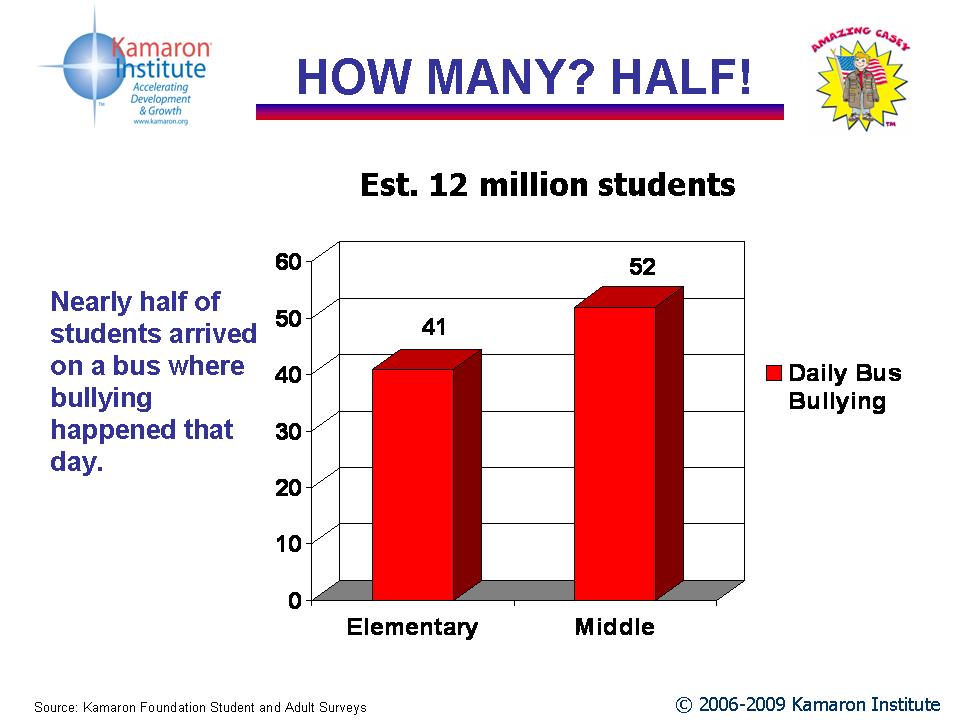Margaret Ross a parenting and education expert provides programs and solutions to create a positive learning and school environment from Kamaron Institute.
 It’s an undeniable fact; if you can read and can read well, you have a much better chance of finding a good job and having a satisfying personal life than you will if you struggle with reading. Children who learn to read early and well are much more likely to become adults who love to read and will continue to advance their literary skills. As a parent, you can help your child learn to love reading.
It’s an undeniable fact; if you can read and can read well, you have a much better chance of finding a good job and having a satisfying personal life than you will if you struggle with reading. Children who learn to read early and well are much more likely to become adults who love to read and will continue to advance their literary skills. As a parent, you can help your child learn to love reading.
FIVE STEPS TO EARLY AND LIFE LONG LITERACY
1. READ TO YOUR CHILDREN.
Make a special point of spending quality time with your child on a regular basis simply reading books. Bedtime stories are not just for bedtime anymore. Although they are a wonderful way to introduce your child to reading and can be a wonderful routine, bedtime stories alone are not enough because both of you may be too tired to get full benefit out of them. In fact, cuddling up with a good book (with your child in your lap) helps your child learn the most rudimentary reading skills before he or she ever actually reads the printed word. The child learns how the printed page is set up (including such rudimentary skills as reading left to right) and also learns such basic skills as following page turns, for example. As young children grow, they may even learn to recognize basic words on a page. (Have you ever been annoyed by a four-year-old telling you that you skipped over a certain favorite part in a story?)
In addition, reading to your child helps develop his or her attention span. It requires patience and concentration sit and listen to a story at a young age, as well as to eventually read one. These skills will benefit the child later, even as he or she begins to pick up rudimentary differences between written and spoken language, which will also be beneficial to reading skills later on.
2. MODEL GOOD READING BEHAVIOR.
Let your children see you read. If they see you enjoying books, magazines, newspapers and even junk mail, they'll become intrigued and want to see what the fun is themselves. As they learn to read for themselves, you can even set aside a special "family reading time" when everyone settles down with a book. You may even set it up so that occasionally, someone reads a story aloud to everyone else. In addition, fill your home with books, displaying favorite books in every room of the house. Your child can have his or her own treasured bookcase of favorites to return to again and again. In short, if you want to raise literate children, you have to bring them up an environment where reading is both commonplace and cherished at the same time. It's as important as good nutrition or exercise is. If you want to raise readers, you have to be a good role model and read yourself.
3. TALK ABOUT READING.
If you’ve just finished reading of favorite book together or if you've finished reading books individually, you can have family time discussing what each of you has read, or talking about the store you just heard together. Reading comprehension both helps with general learning skills and with keeping boredom at bay; if you can always pick up a good book to occupy yourself, you'll never be bored. Talking about the stories you've read also helps develop comprehension skills.
4. UTILIZE AVAILABLE RESOURCES.
Both your public library and the Internet are great reading resources for any family. If you want your children to be interested in books, take them on regular trips to the library. Let them pick out their own books, perhaps with just a little adult supervision; this is a good way for them to develop favorites and try new reading fare at the same time; they can try different literary tastes and test the waters. The computer, too, is a good way to introduce your child to a myriad of valuable reading material on the Internet. (As with your children's book choices, of course, their time on the Internet must be monitored carefully as well.)
5. FOSTER A LOVE FOR BOOKS AND READING
This last point encompasses everything previously discussed, and beyond. If you raise your child in a reading environment, he or she will value literacy as both a comfort and a reminder of home. Some early literacy experts even recommend that you have your young child "book cuddle," meaning that the child cuddles his or her favorite books just as he or she would a favorite stuffed animal.
Following are some valuable links that can help you implement early literacy in your home.
The Association for Library Service to Children (American Library Association)
The National Institute for Literacy
The National Center for Family Literacy
Kamaron Institute founder is Margaret Ross. Margaret Ross, an education and workplace relationship expert, is President of the Kamaron Institute and the author of Making Business Work and the Good Finder series for children.
Ross is also the host of the Telly Award winning television program, Success Class. For more information please visit kamaron.org
Join us on Twitter @kamaron_org
© 2007-2009 Kamaron Institute. All rights reserved.


